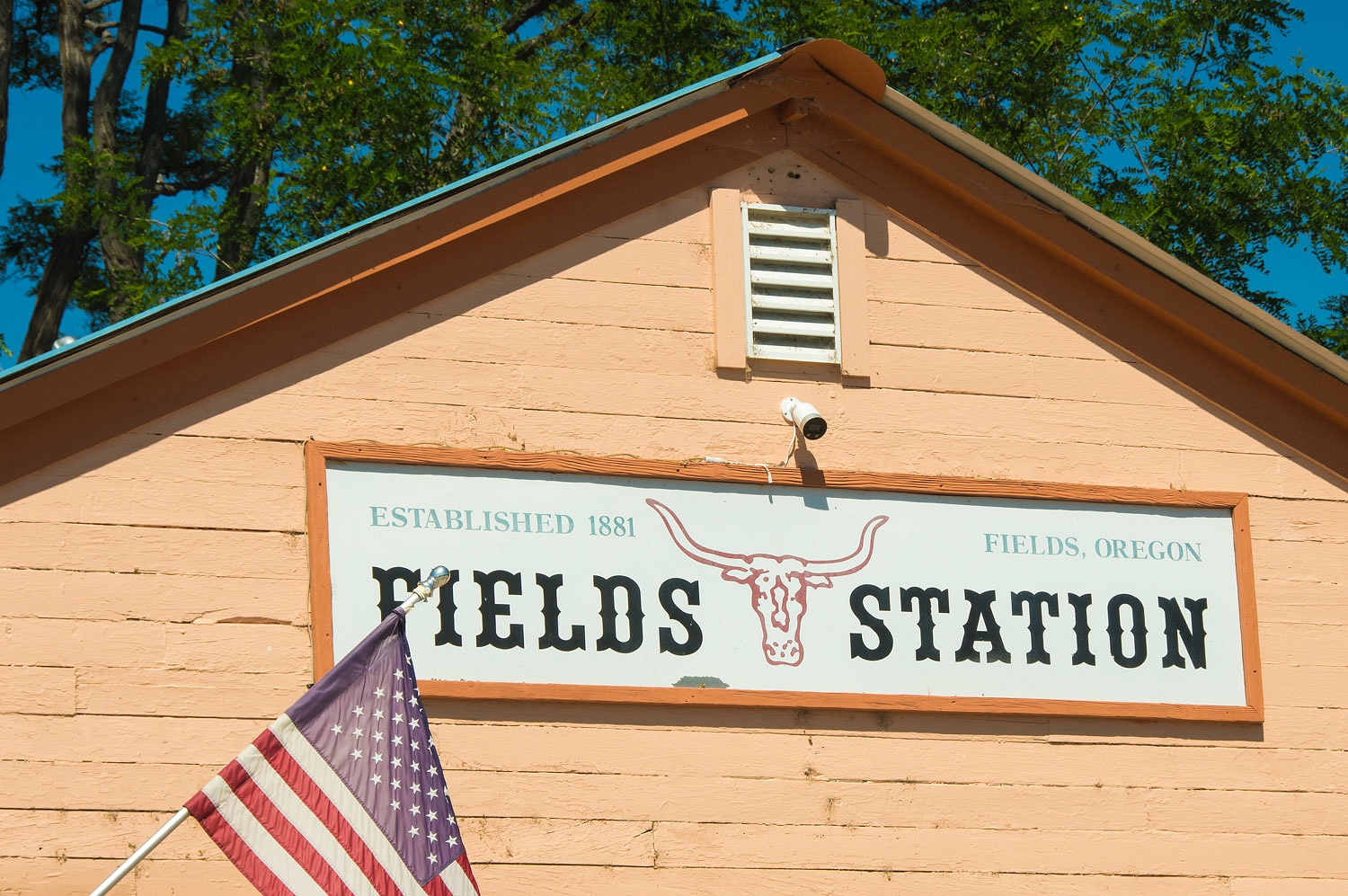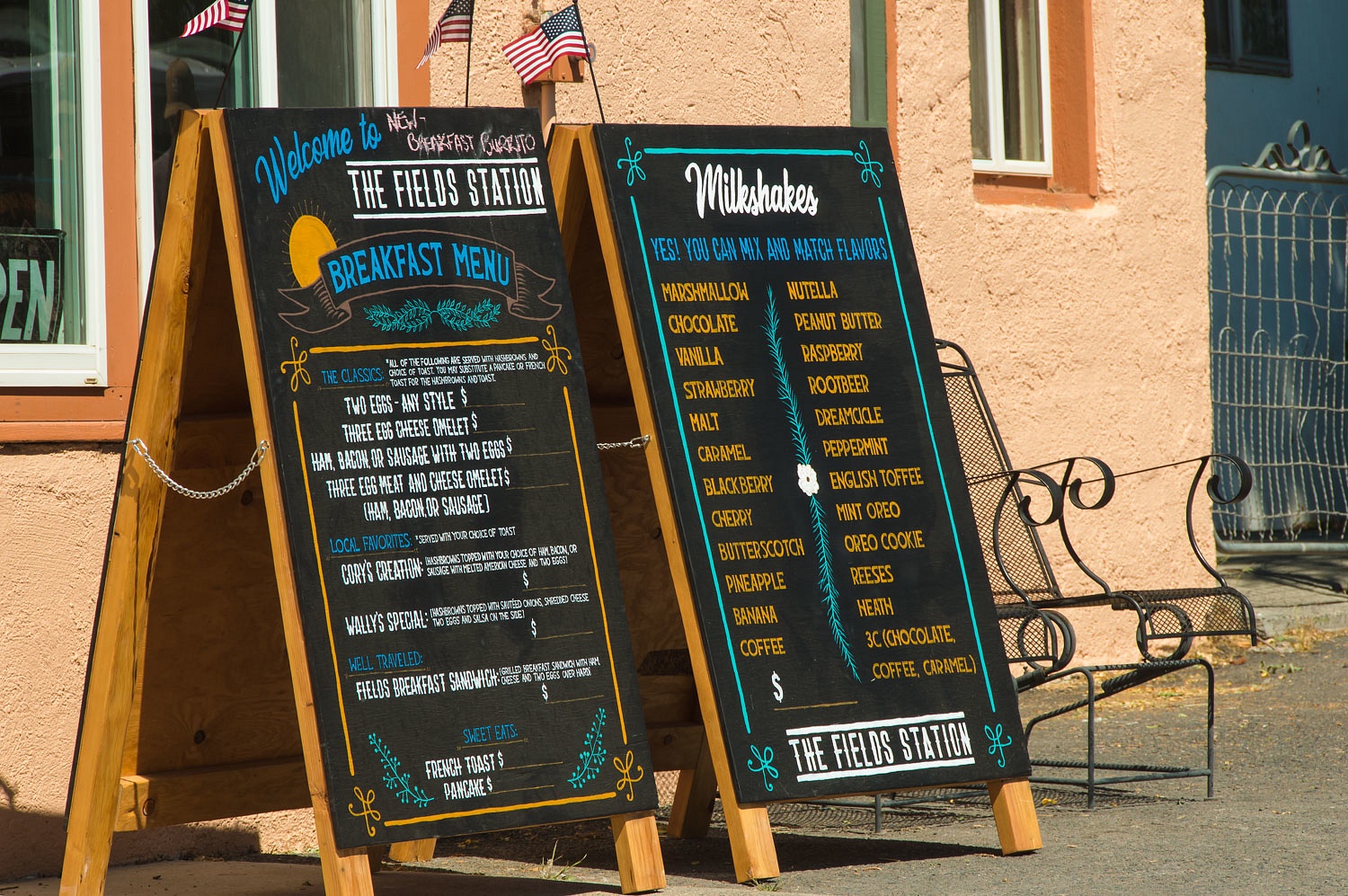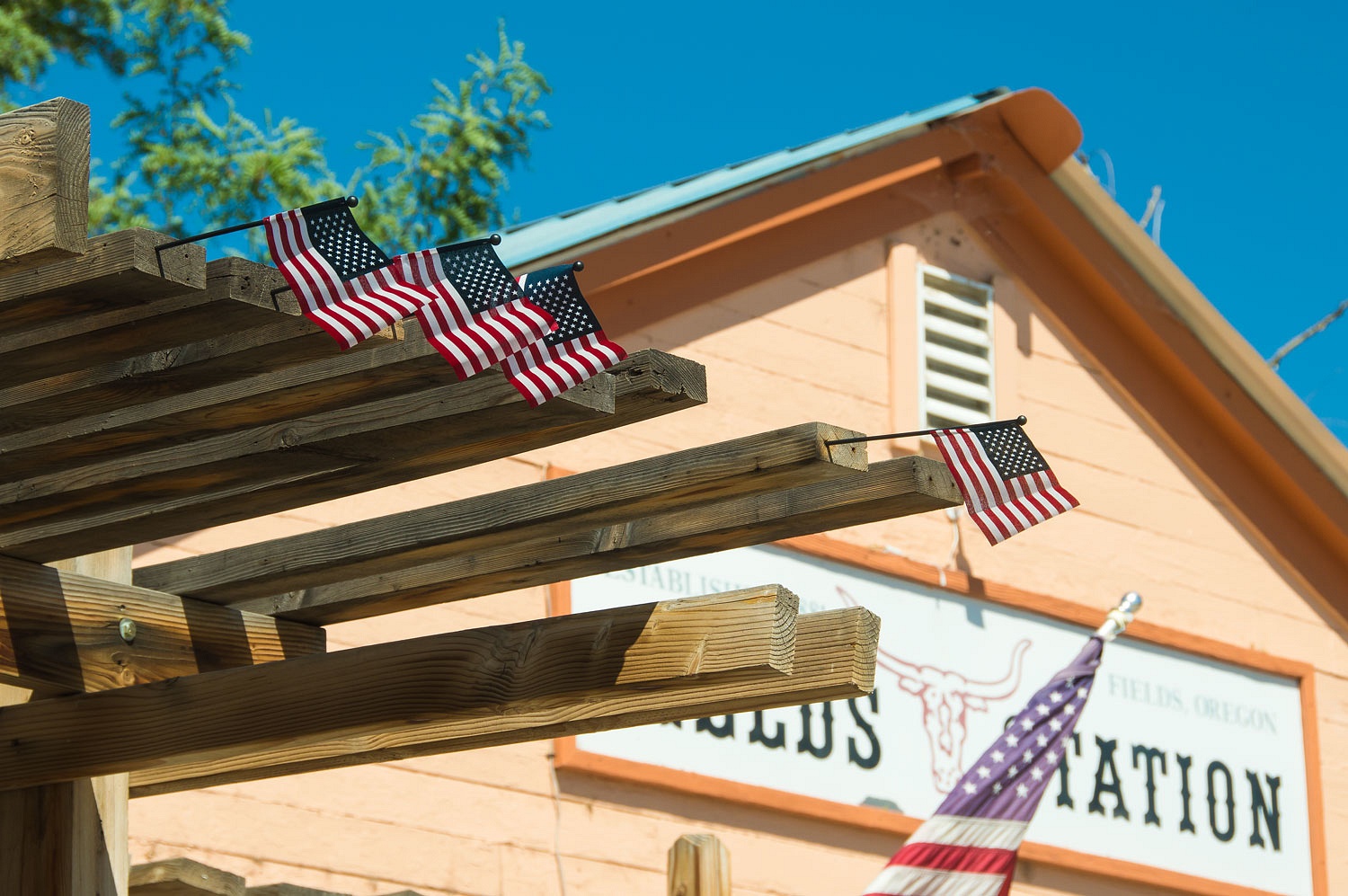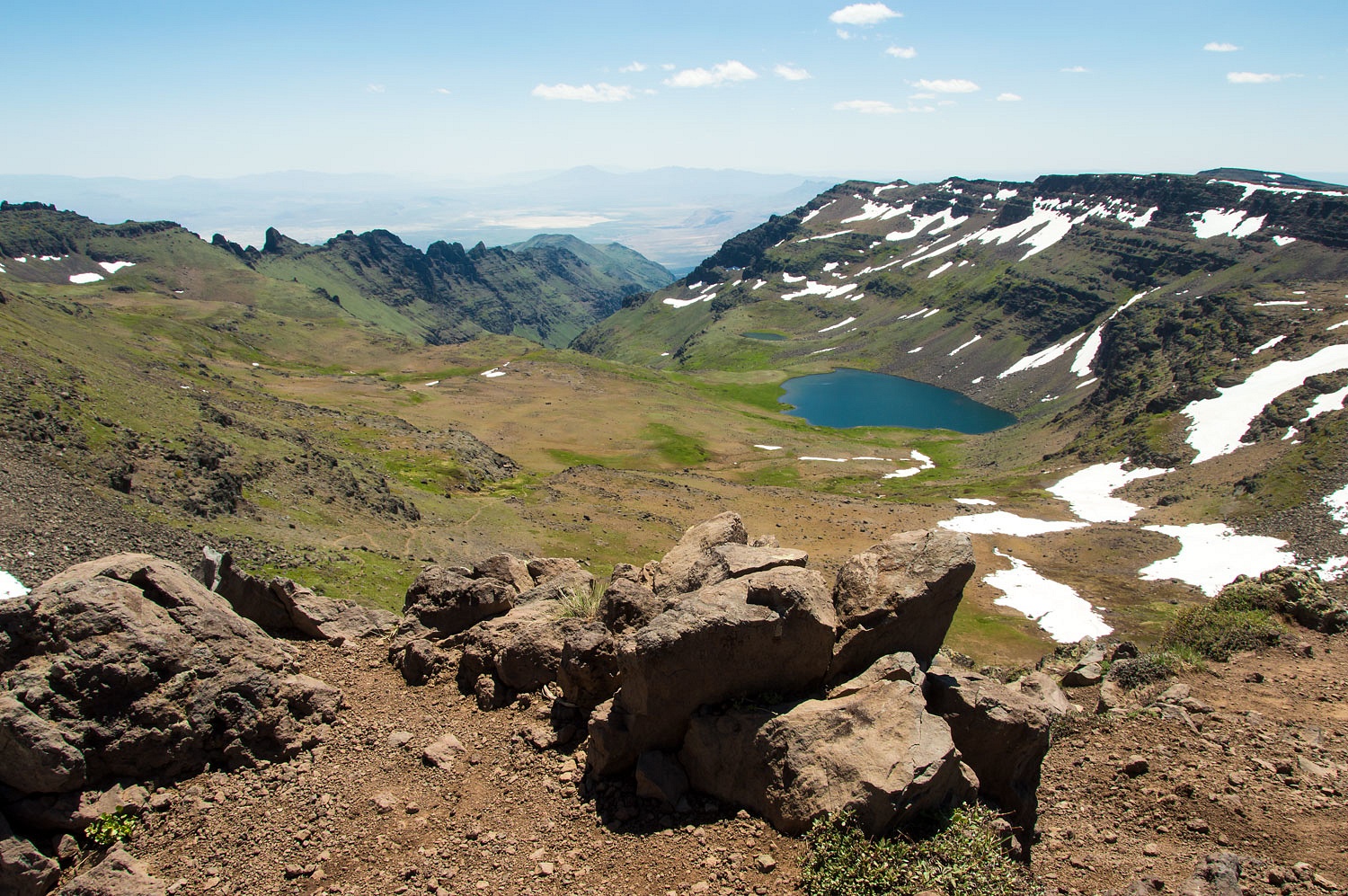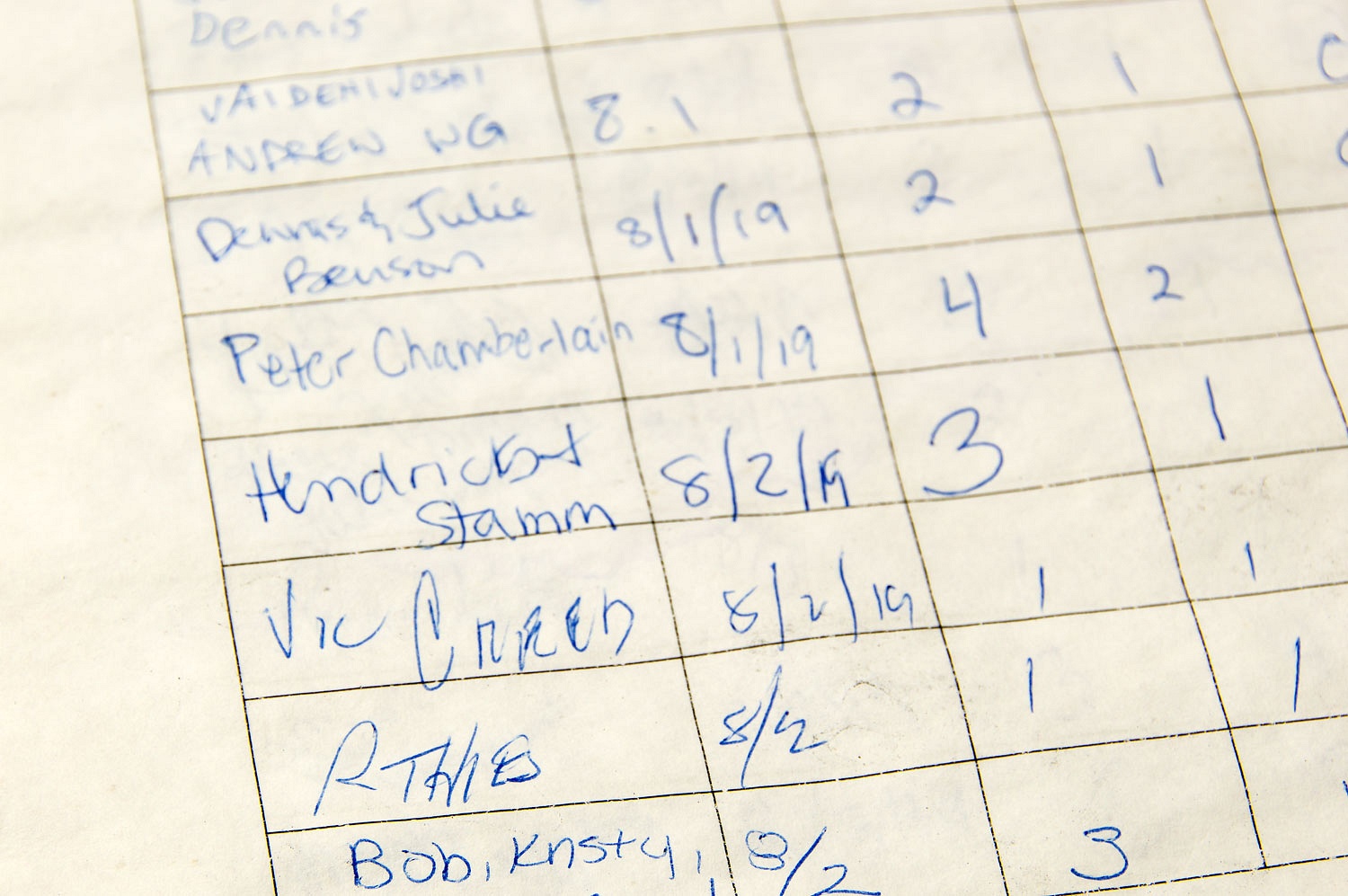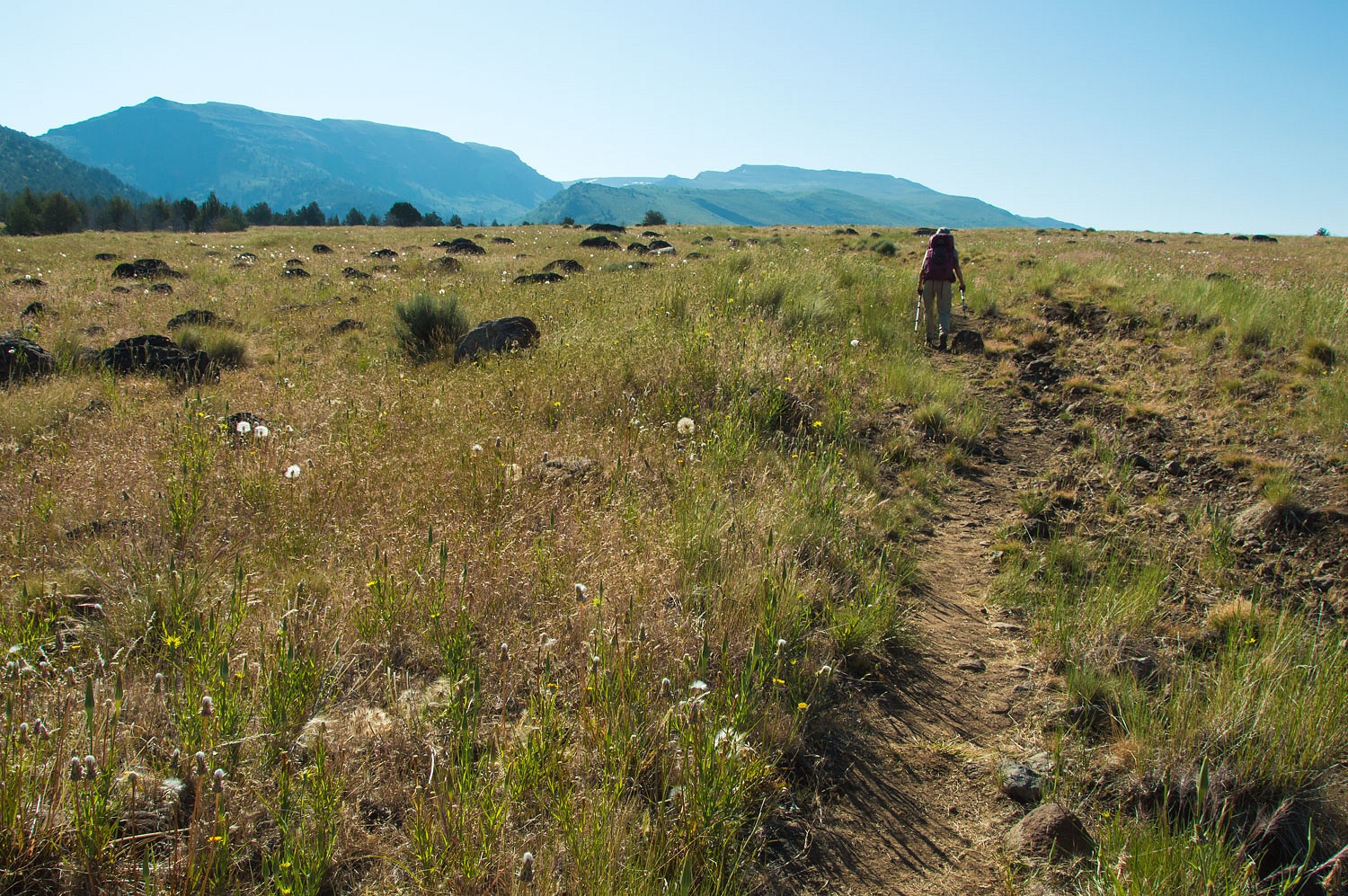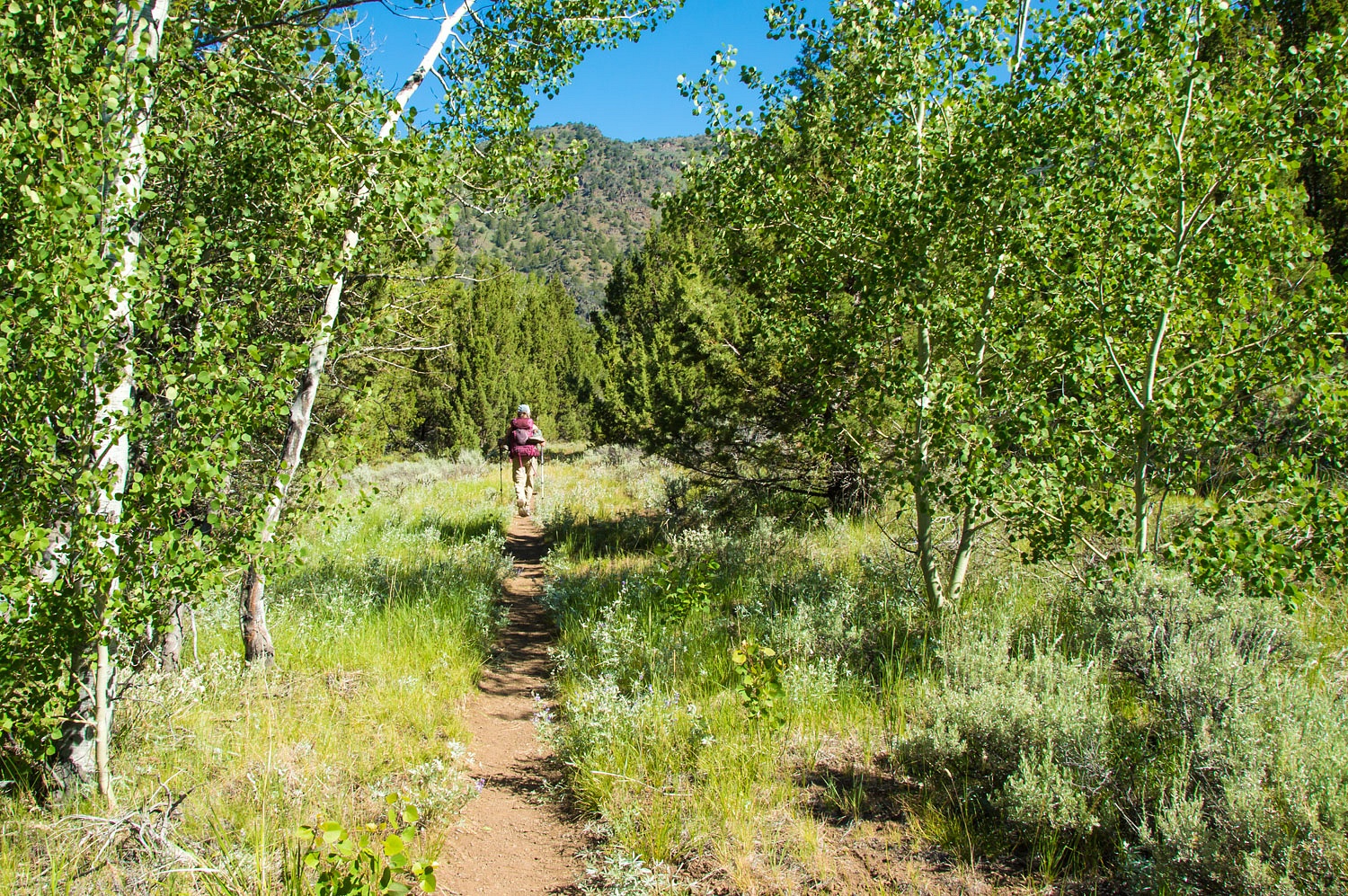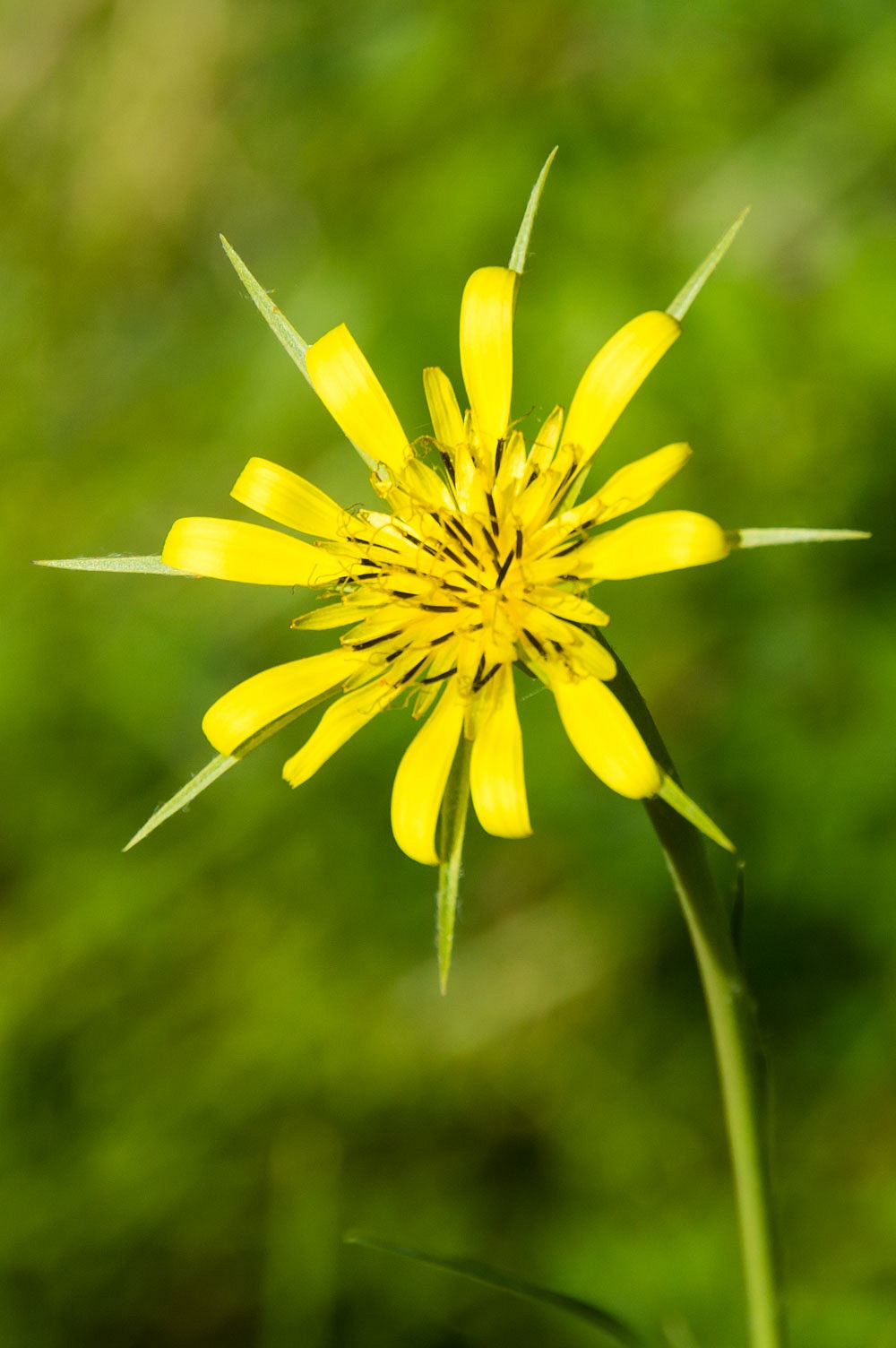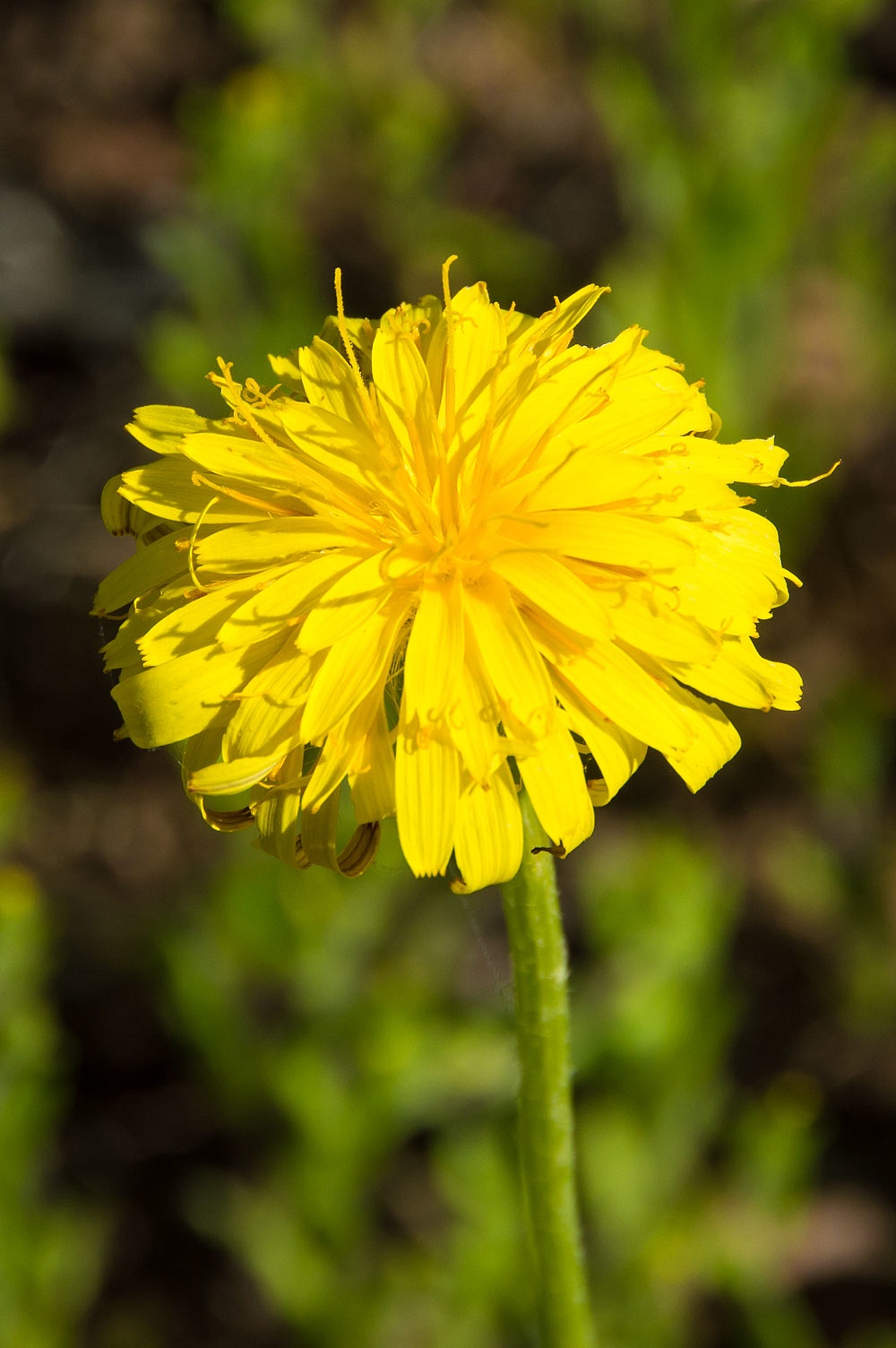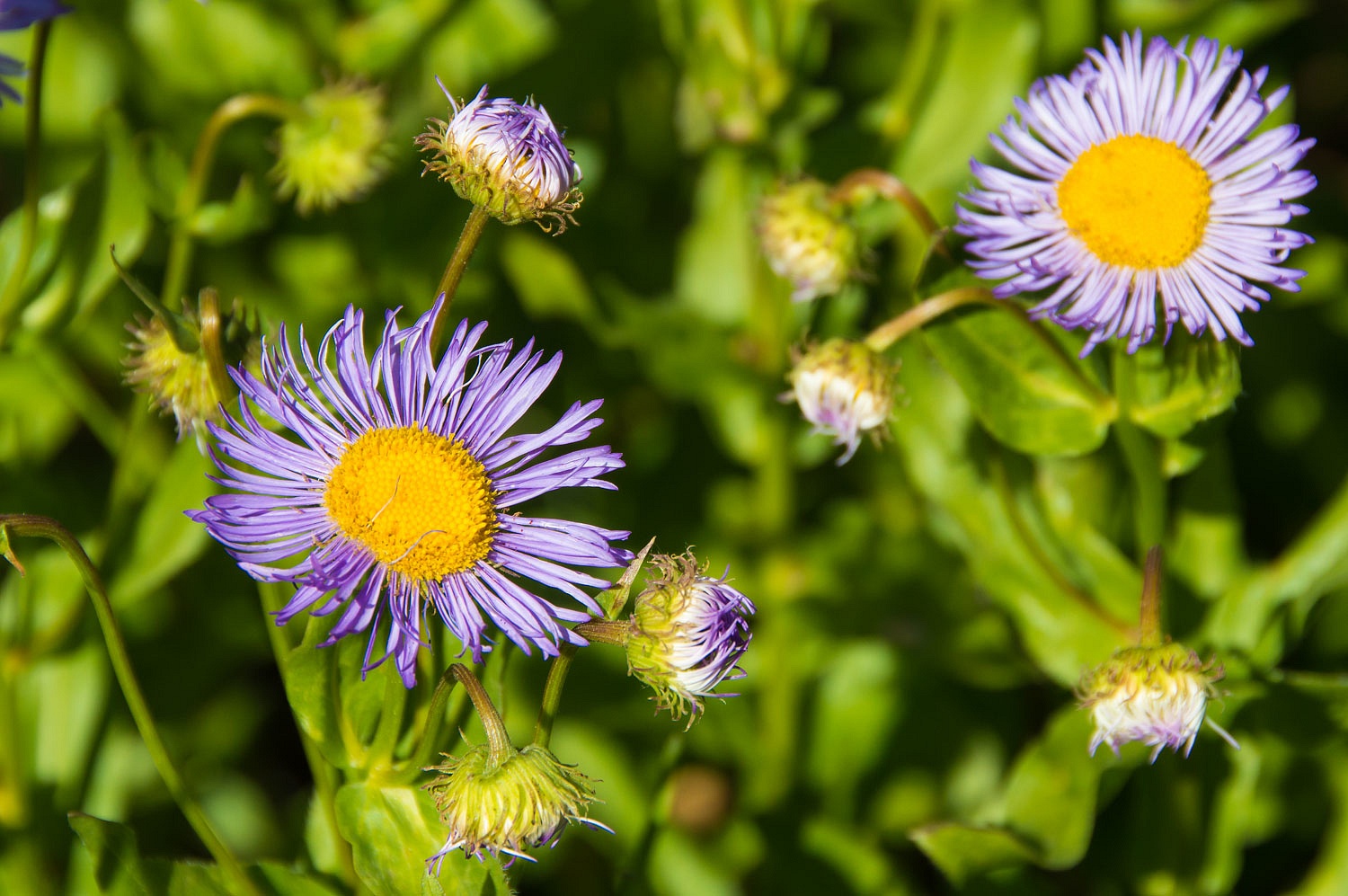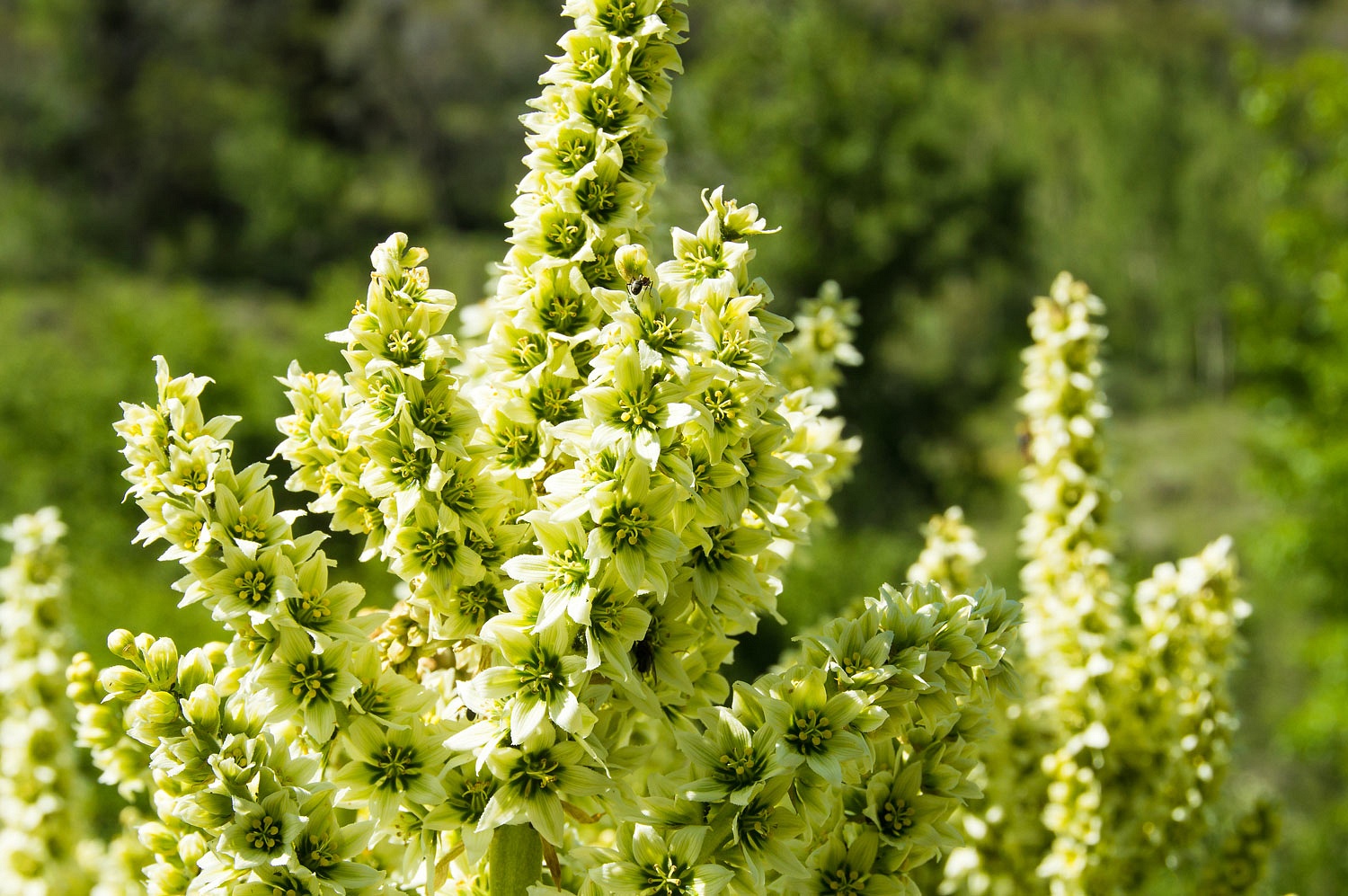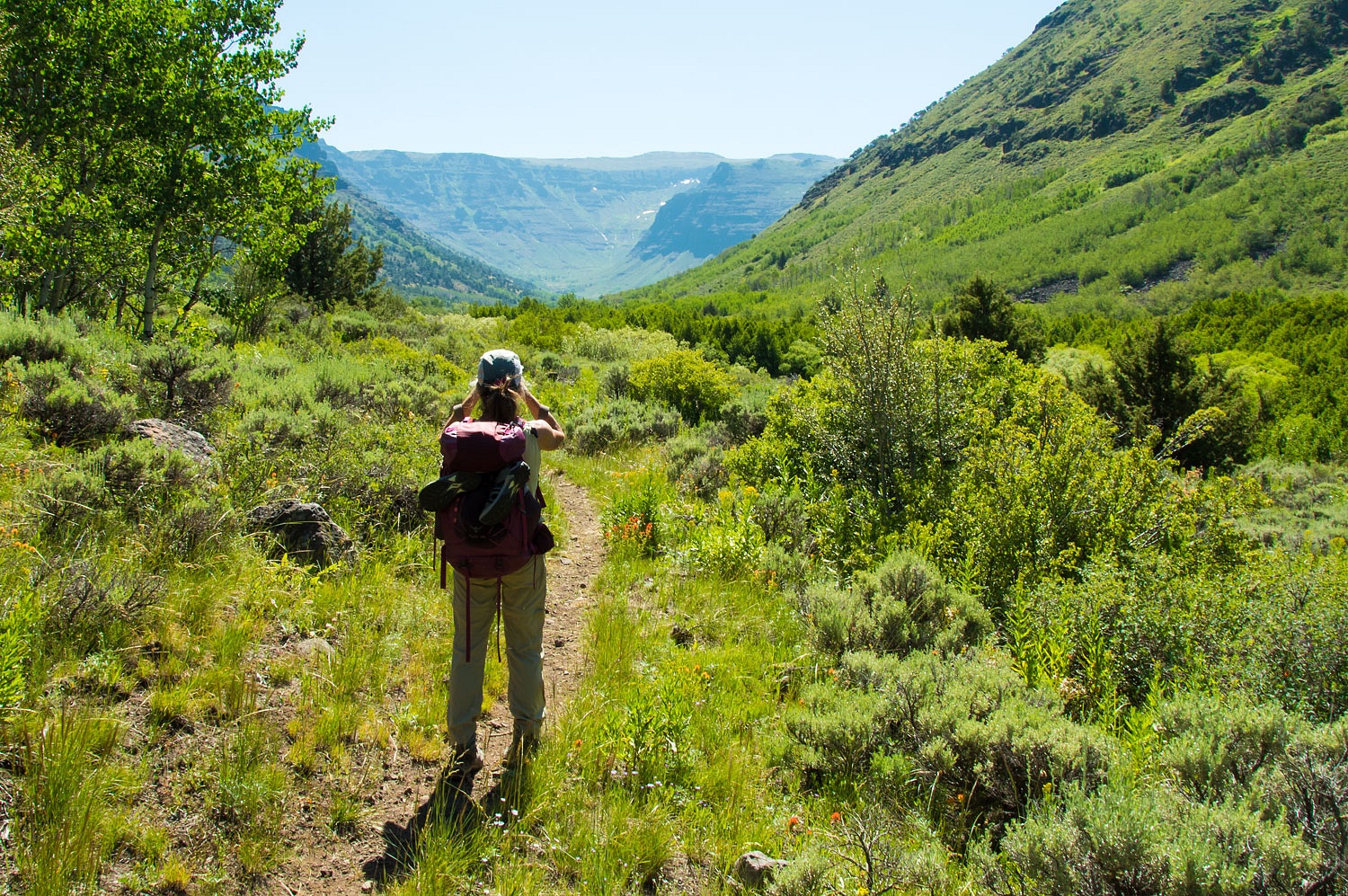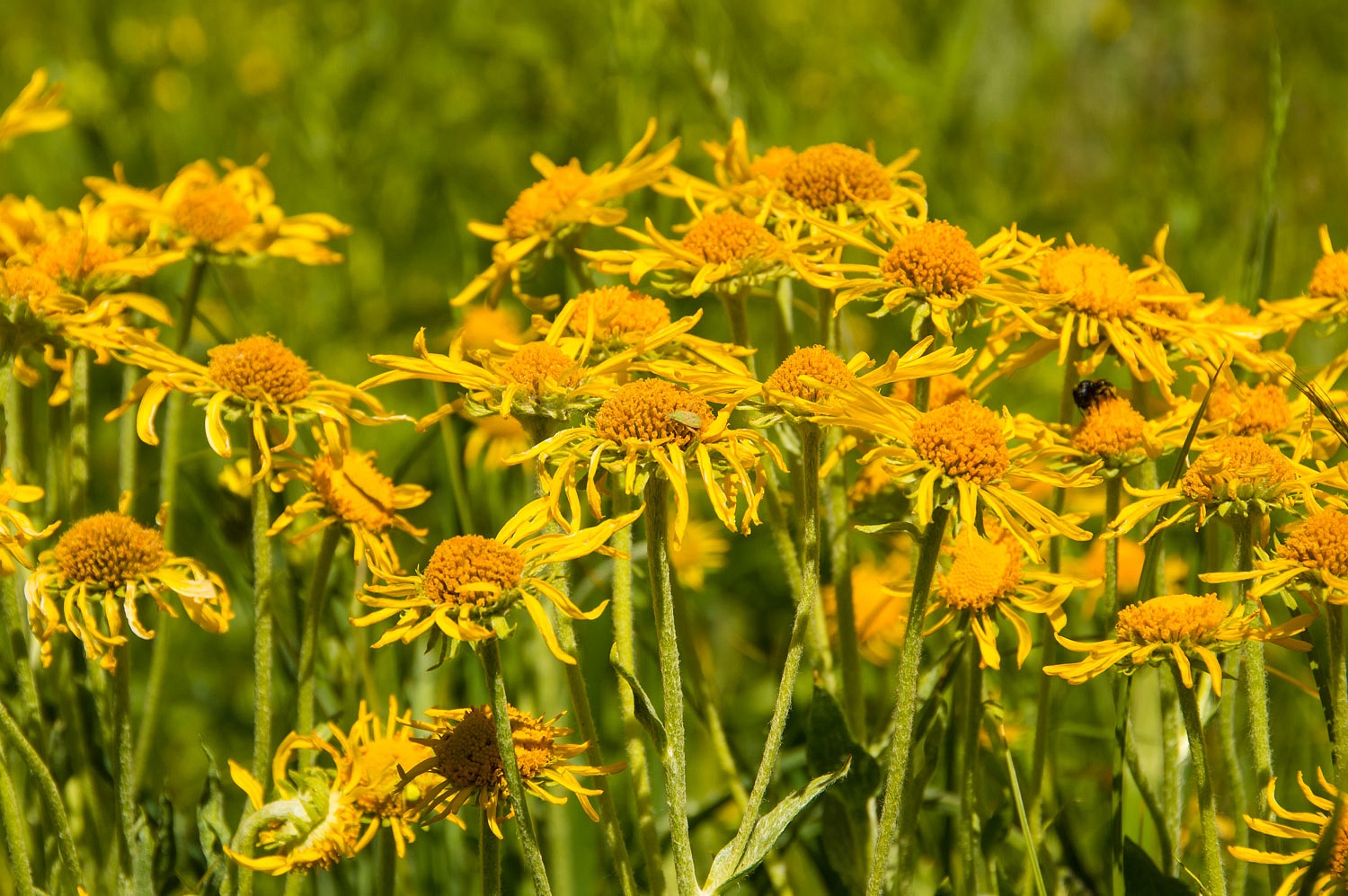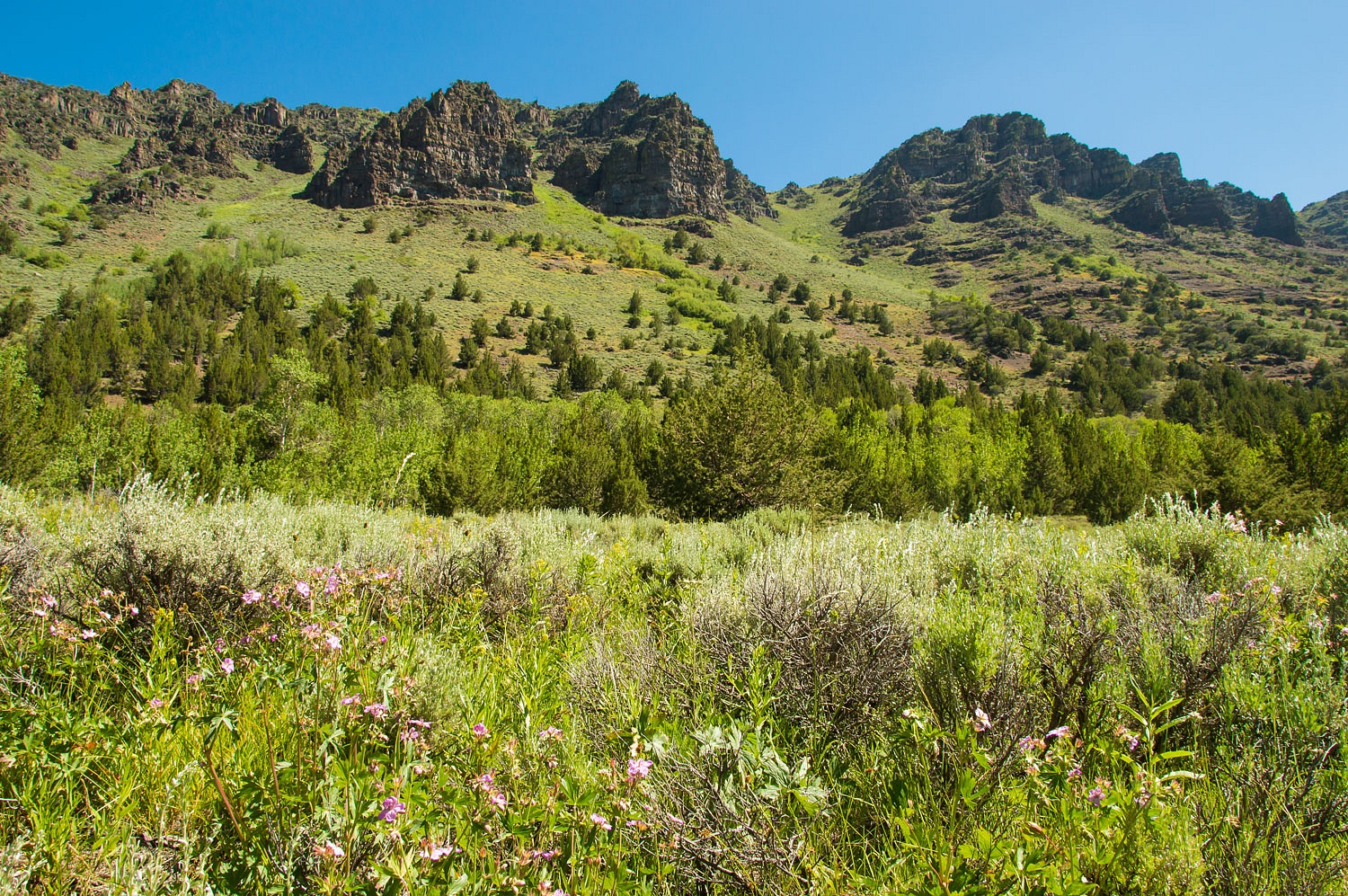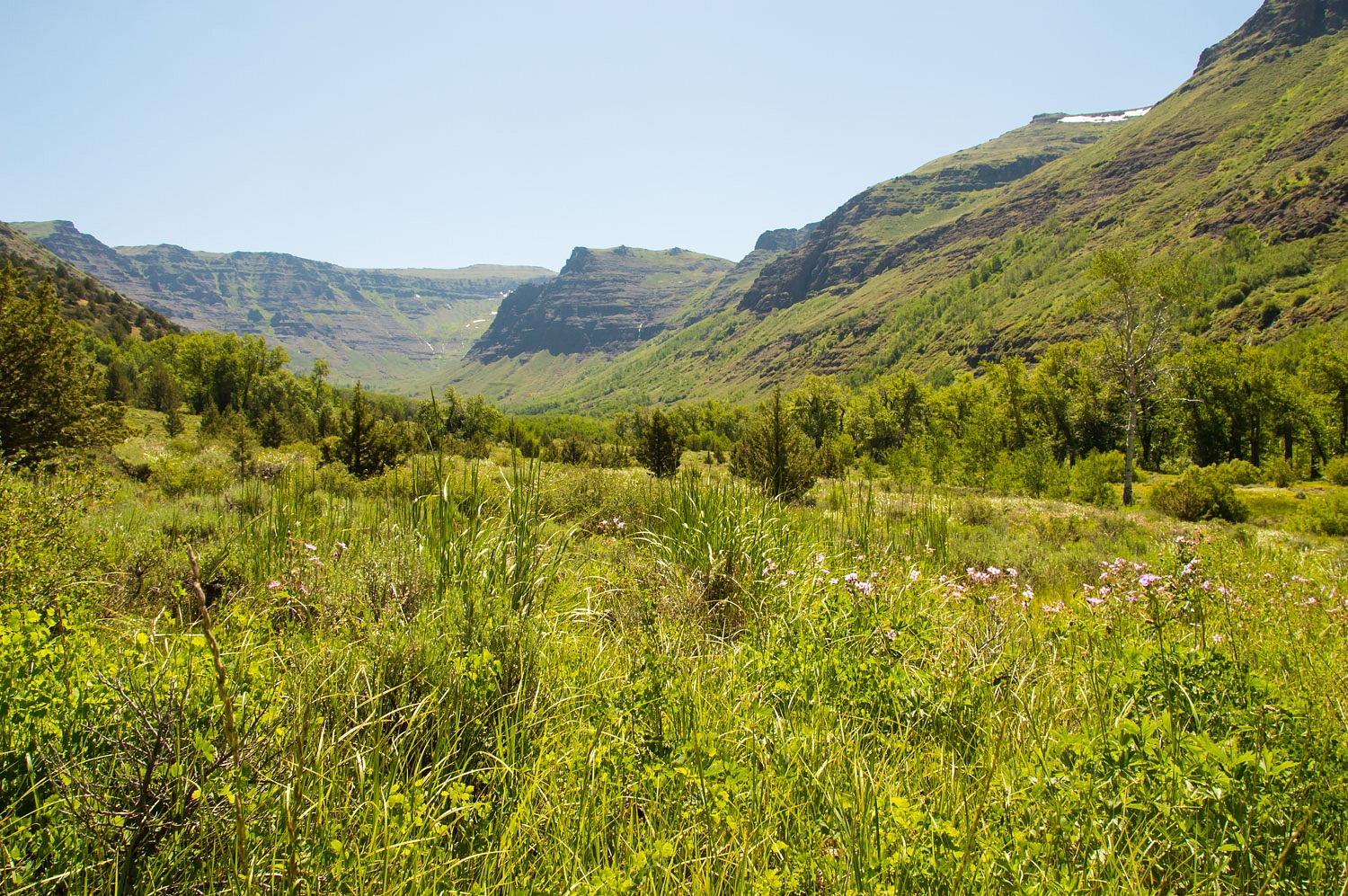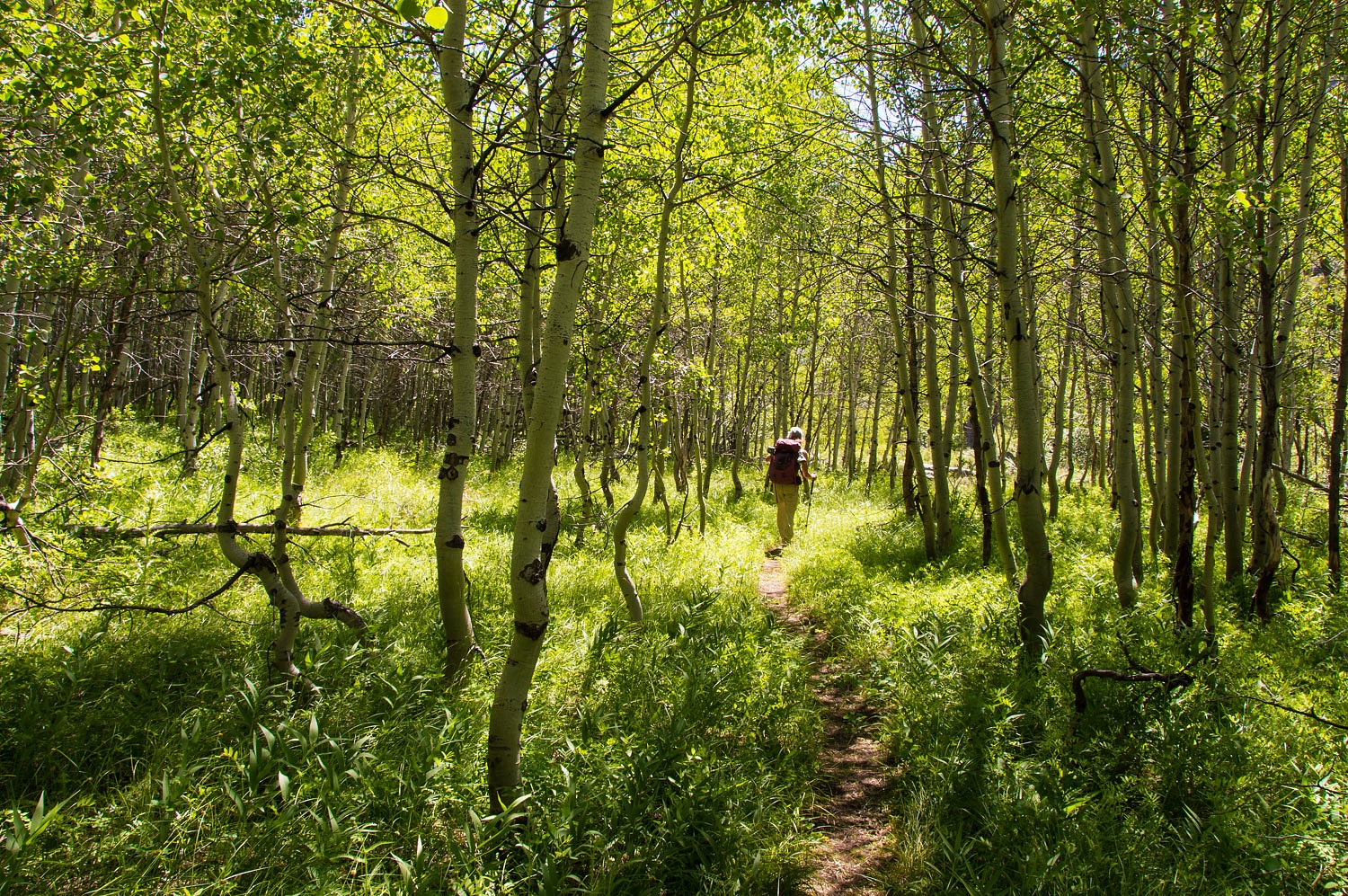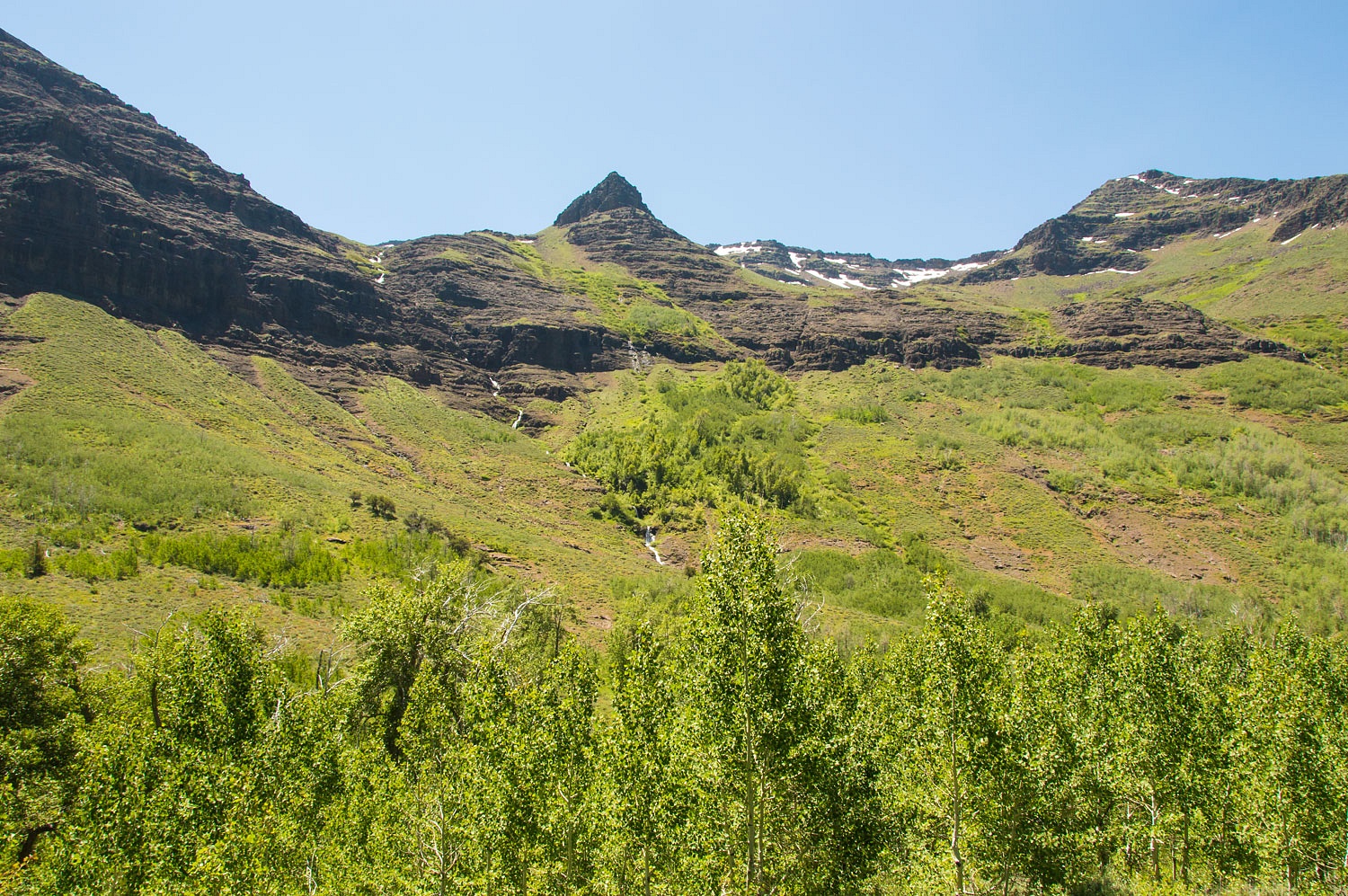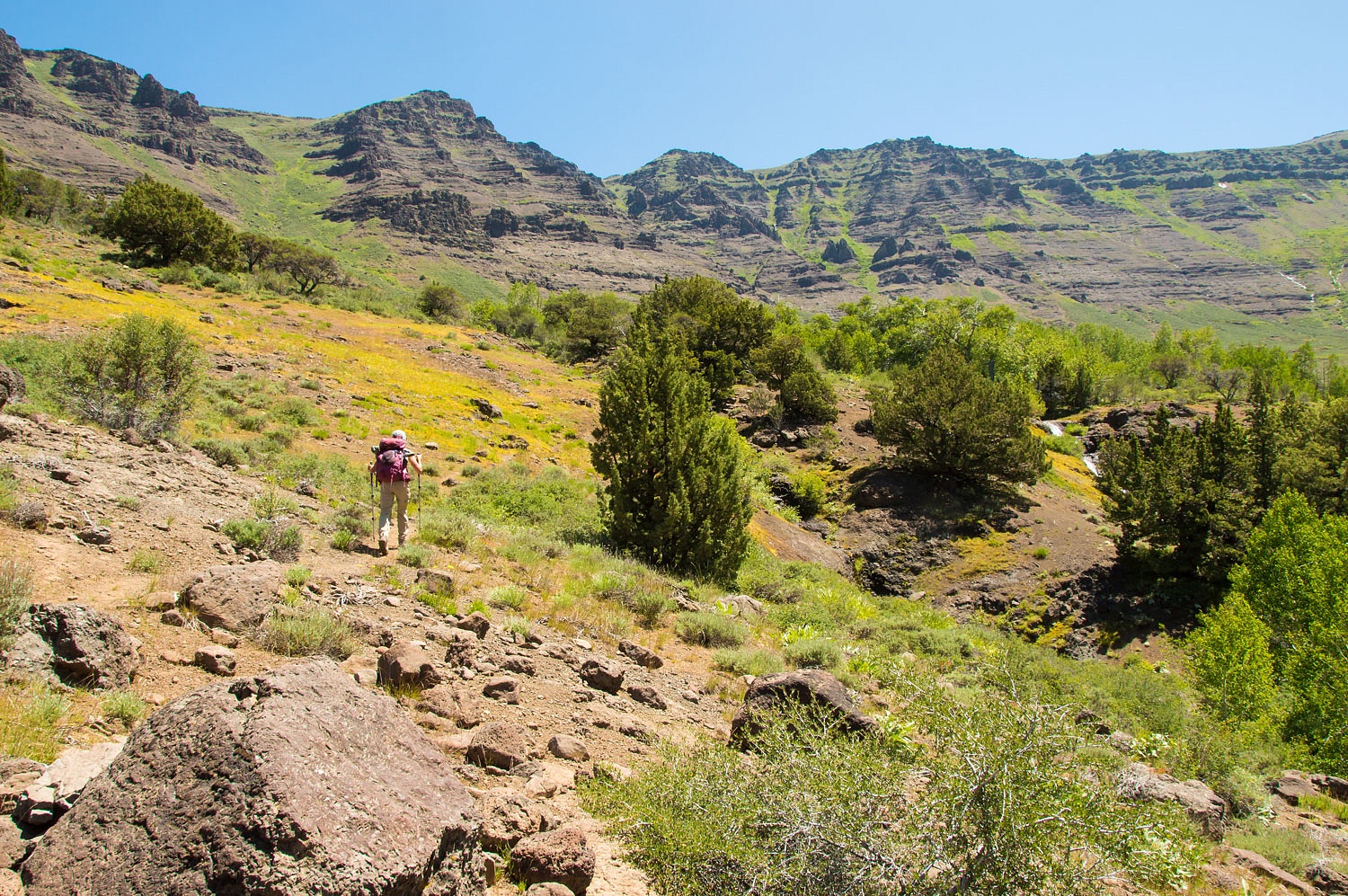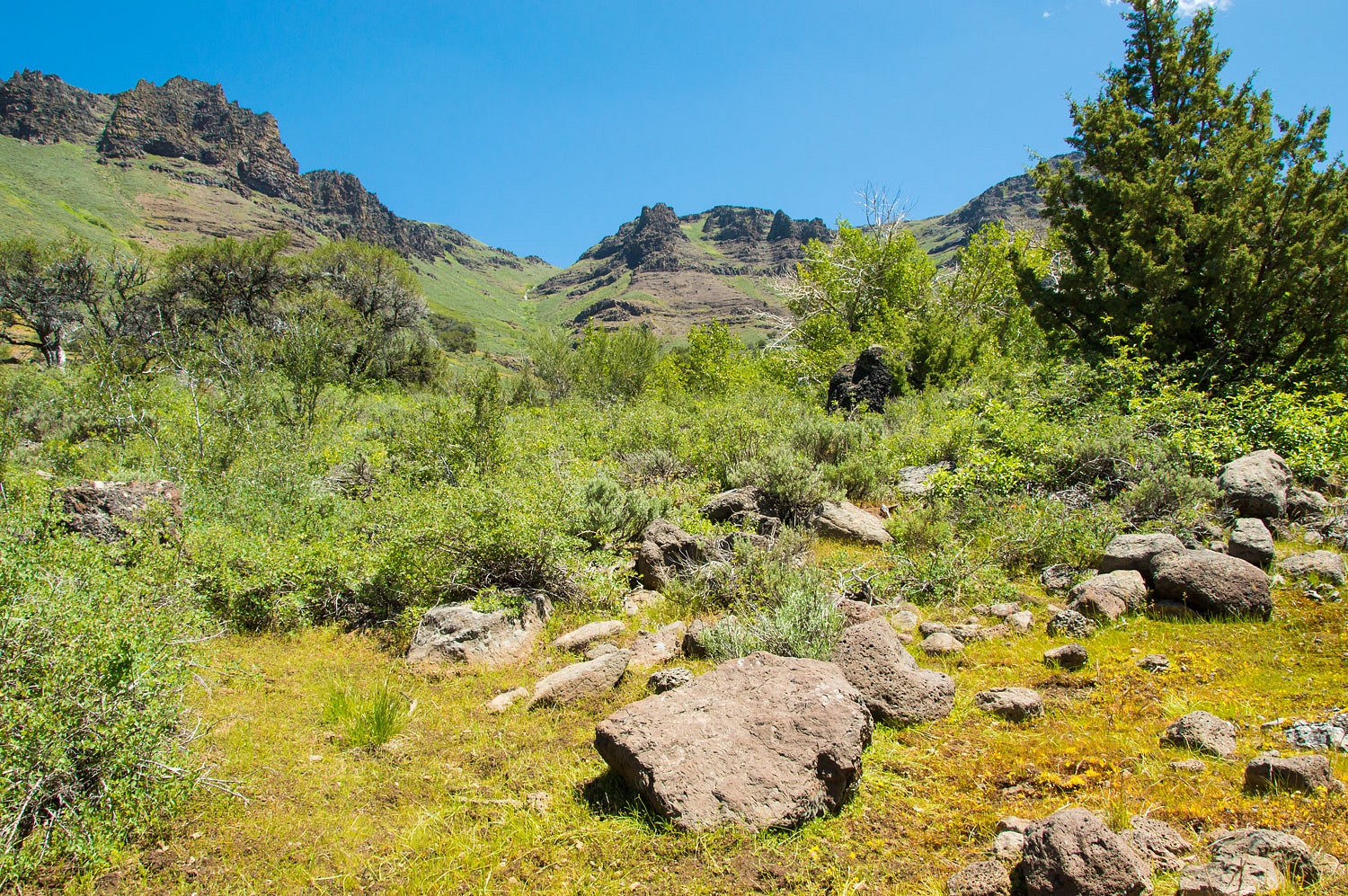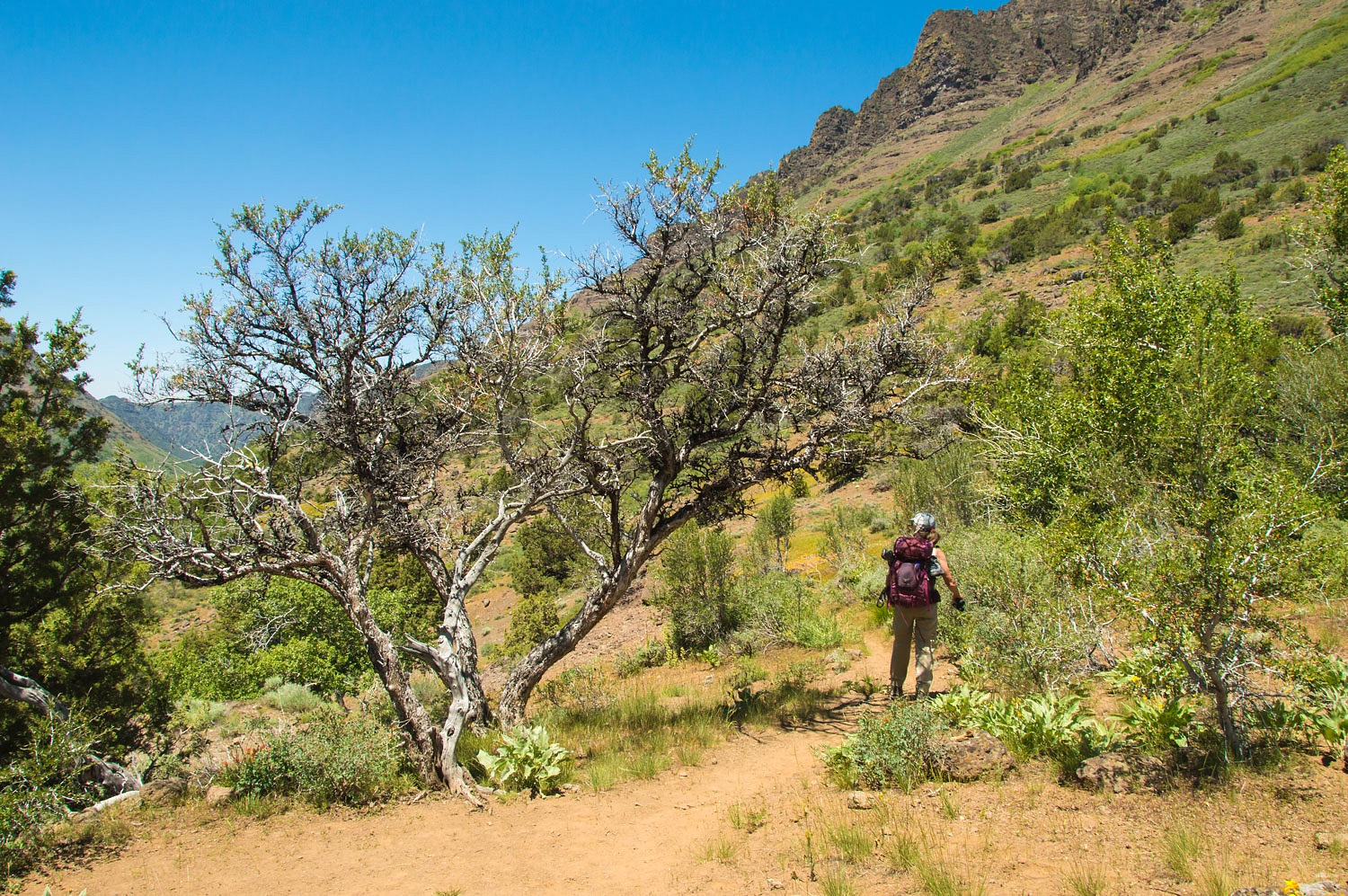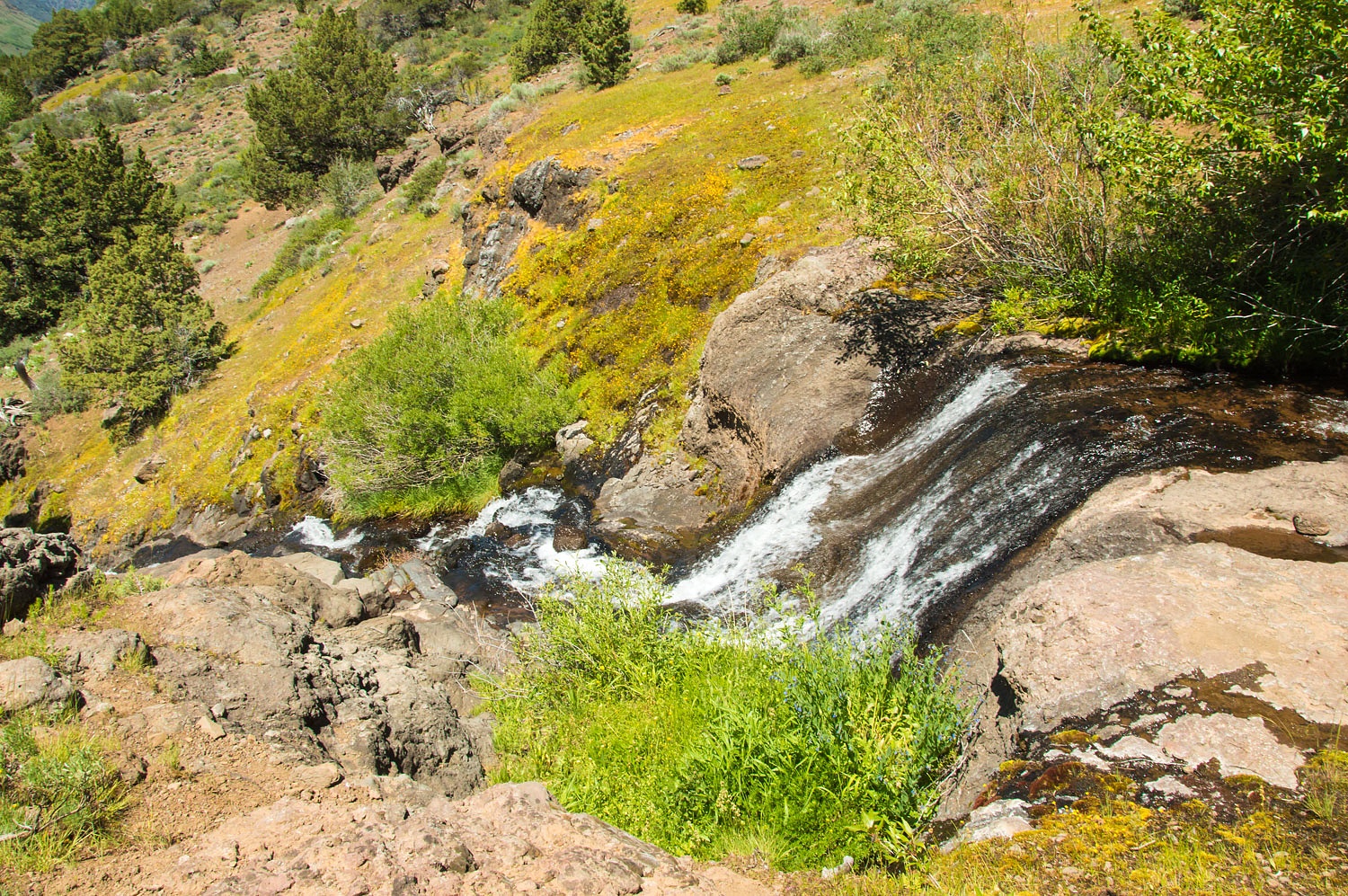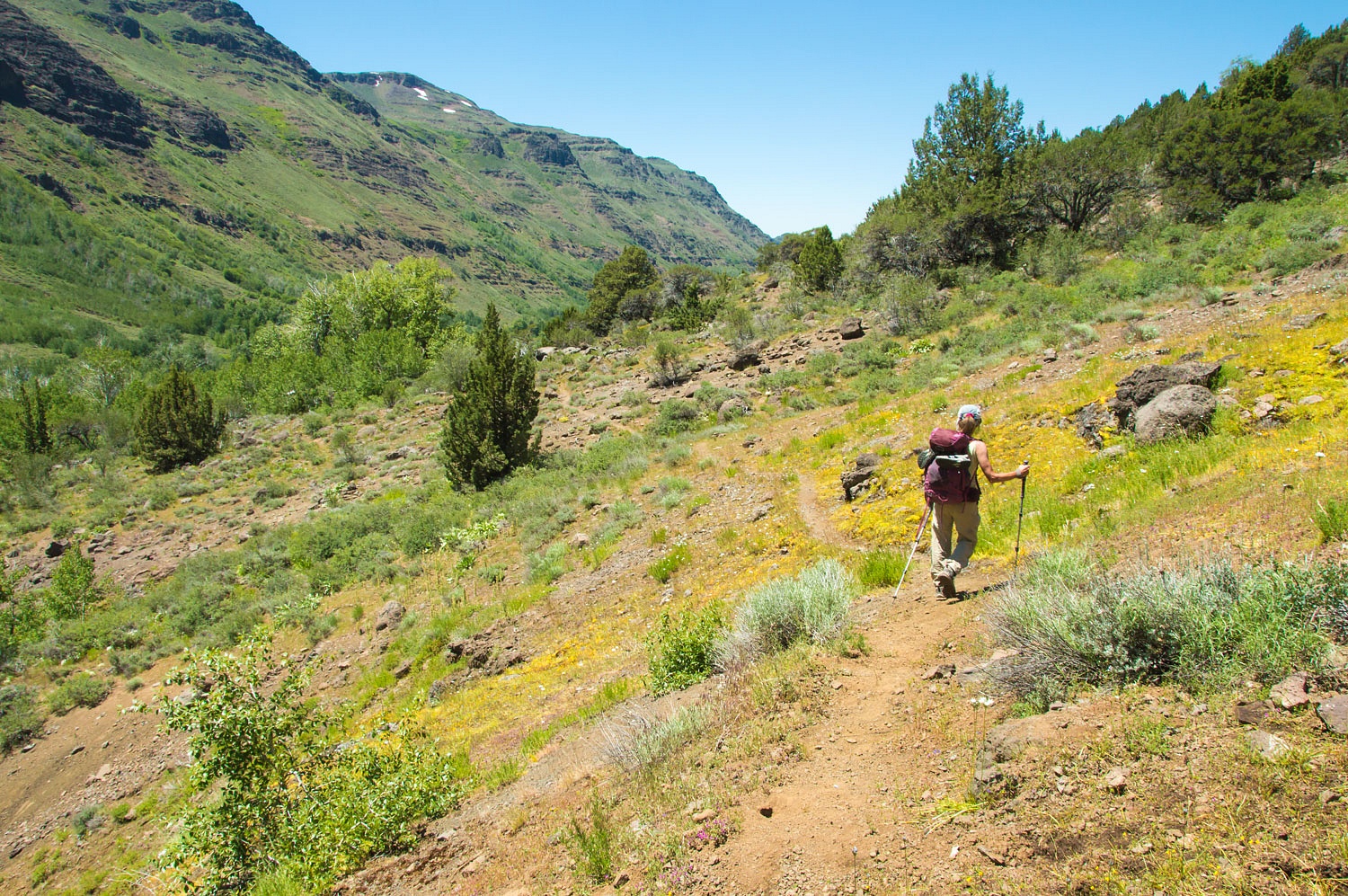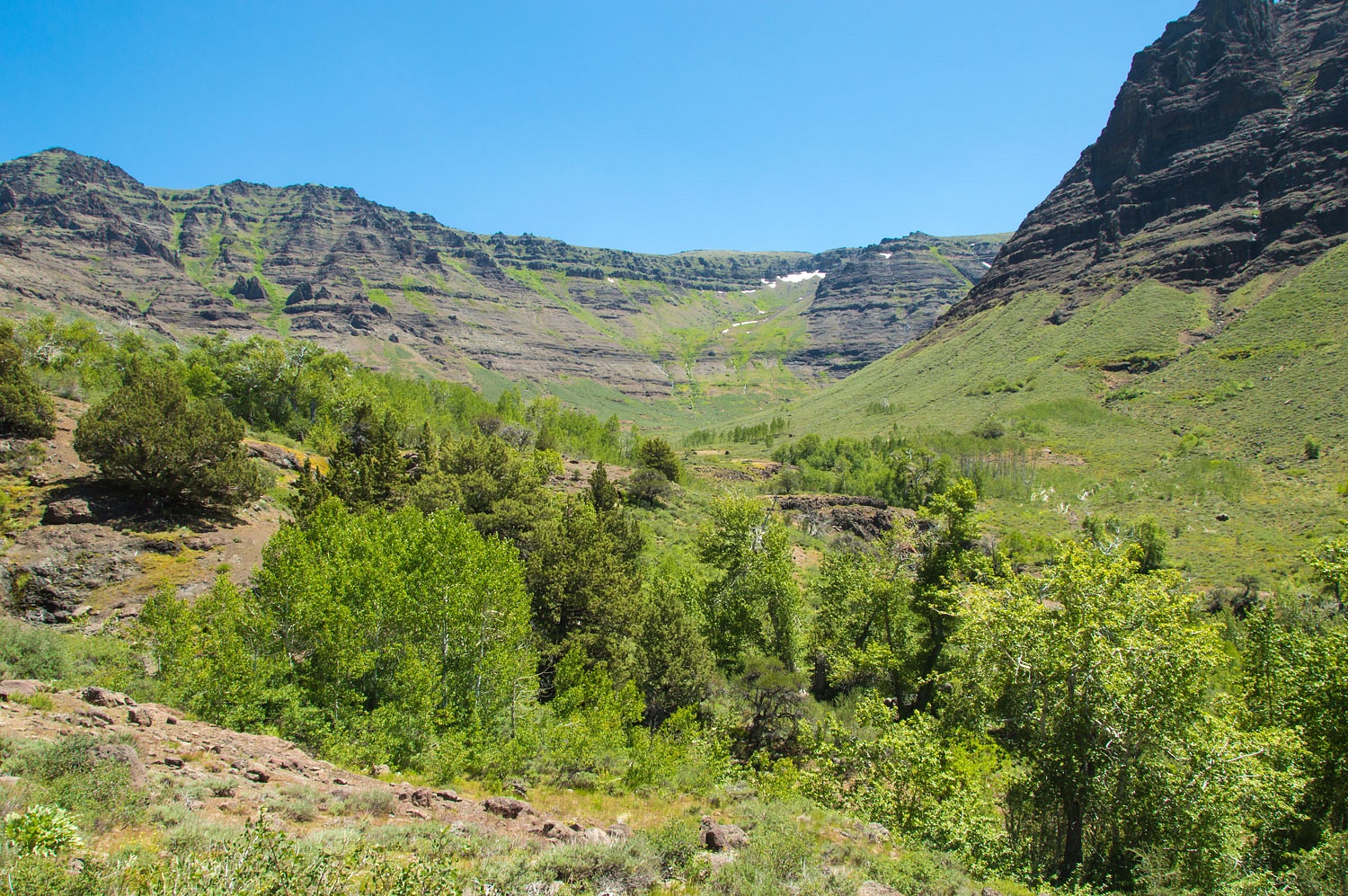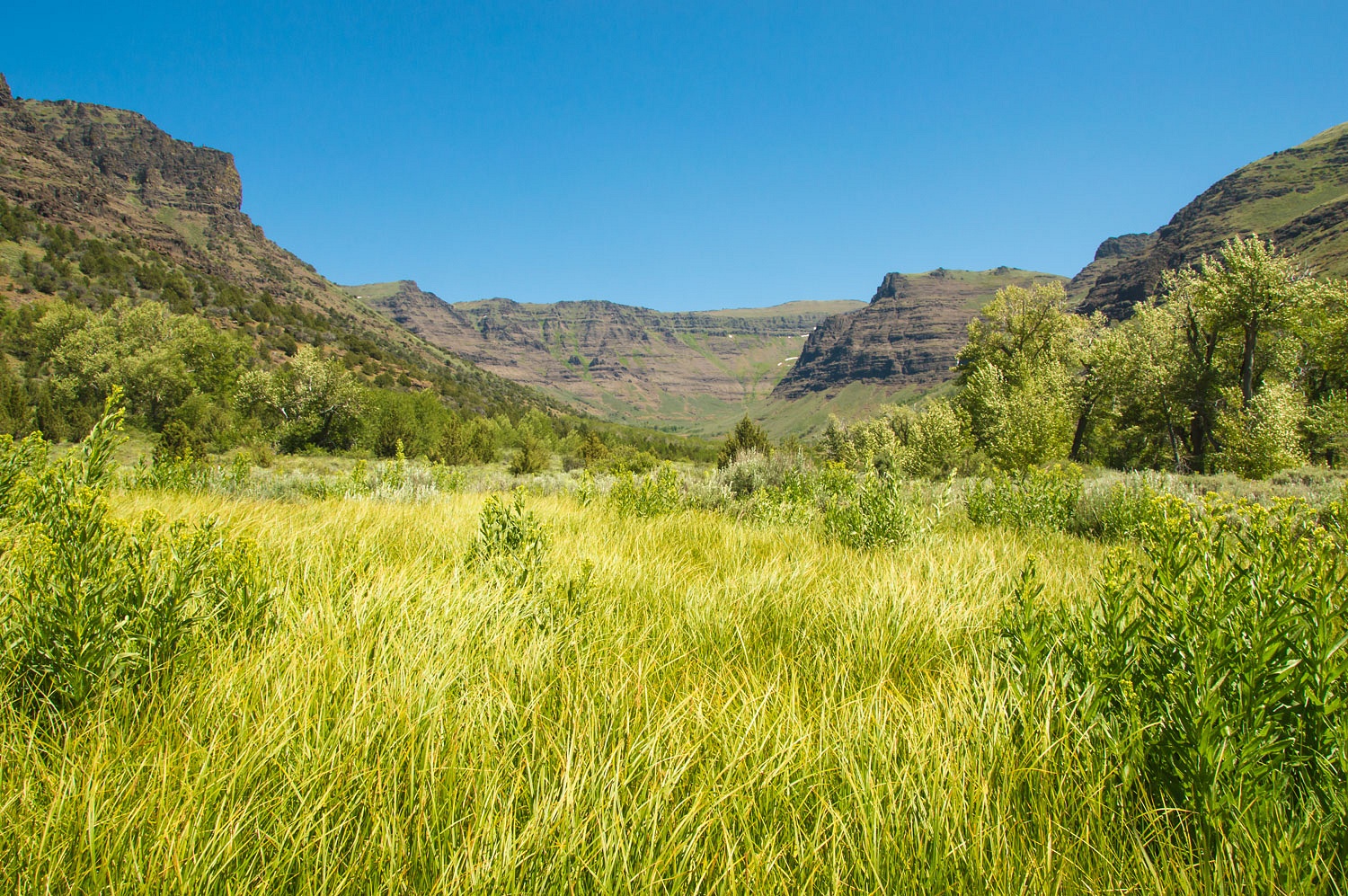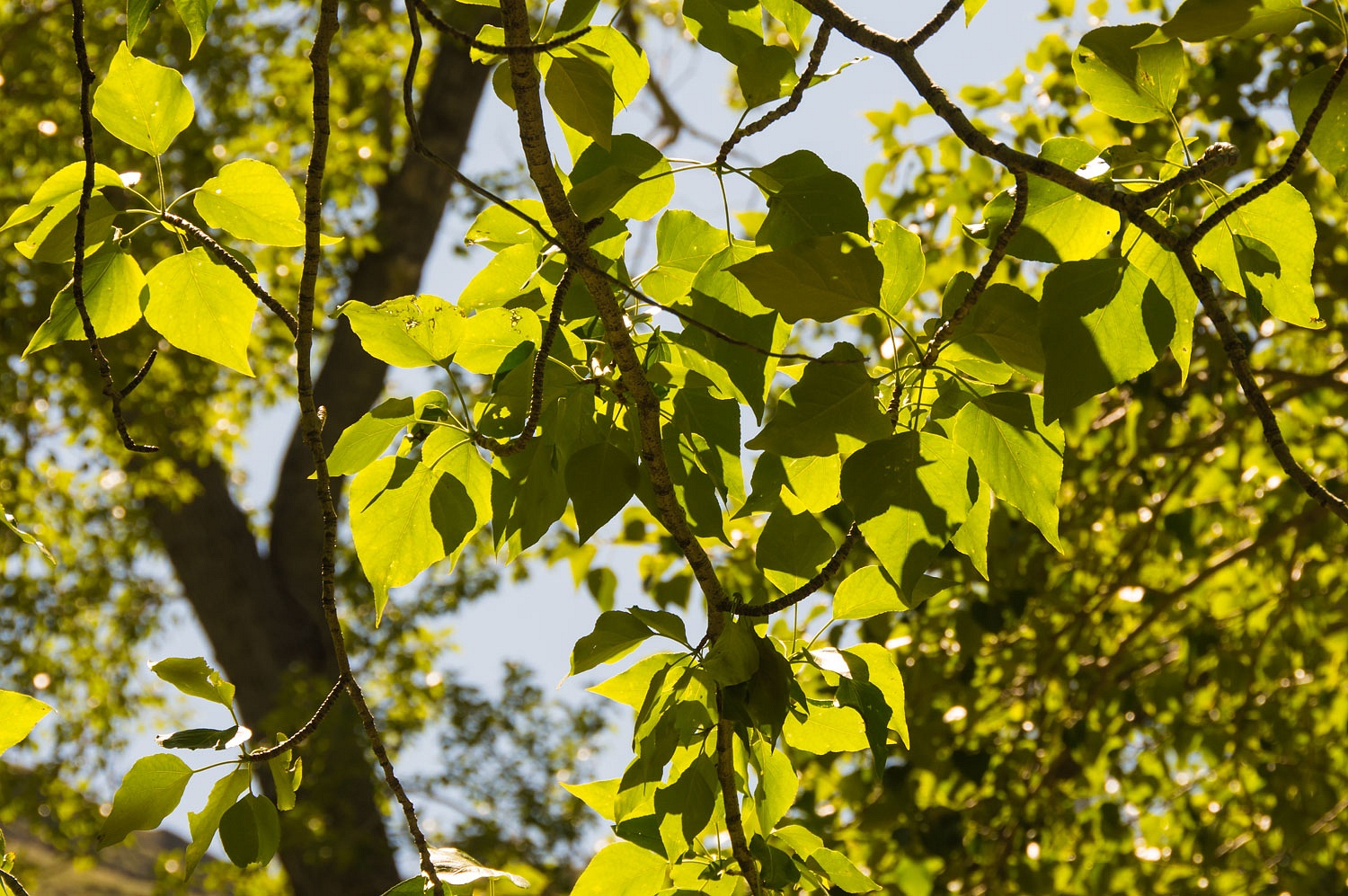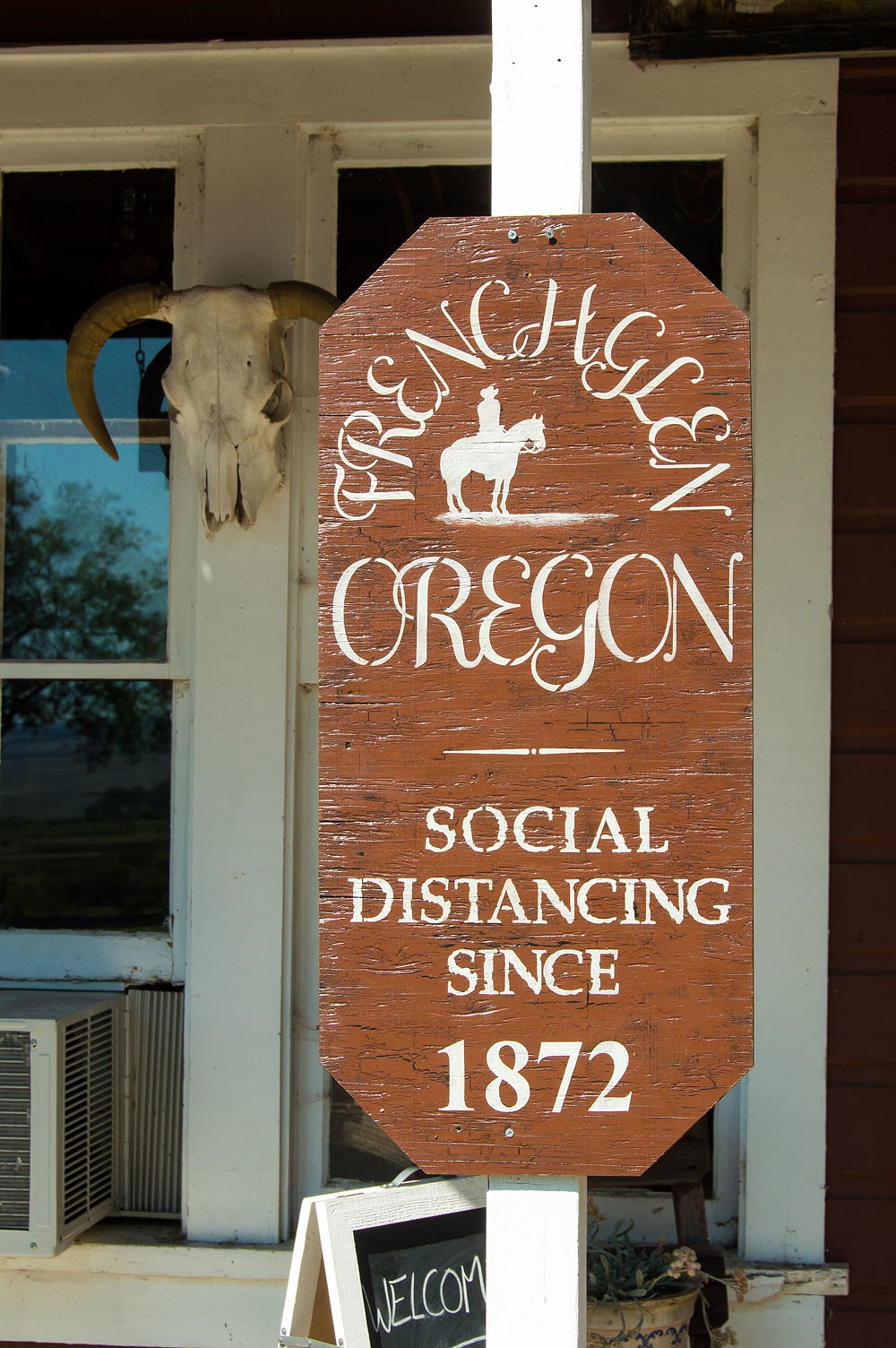please remember you can click on a photo to see a larger version & highlighted text are links to additional information
Where Glaciers Once Lived
Field's Station was busy, many more
vehicles than we've seen here in the past.
"We sold 209 milkshakes
yesterday on the Fourth," the new owner told us as we chatted outside. Calling him the new
owner doesn't quite fit as he's the son of the folks who owned it for 14 years. He and his wife bought the place two years ago from his parents.
"I got to see the world during
my time in the Marines. My wife's a chef and from Nebraska," he continued.
"So have you added new fancy
items to your menu?" the Lady asked.
"No, we cook what people want on
the menu out here but we do it right." He turned to the man and woman
under the awning, "How's your burger?"
The man with his mouth full, eagerly
nodded and grinned.
Although the owner believes the
Covid-19 pandemic is an urban problem, "..........in cities where people
are stacked right on top of each other," this outpost is doing well with
its precautions. Everyone's required to wear a face mask. The sign on the door
only allows one member of each group to enter. You are greeted immediately and
asked what you need. Everything is brought to you outside. Patrons are all
keeping good distance apart. The old central portipotties have been replaced
with concrete CXT toilets. The place is looking good.
"How's your Nebraska wife like
it out here?" the Lady asked.
"Once you've spent time here,
you can't help but love it. That's why I came back. We're happy."
As I said, we were surprised with the
numbers stopping and traveling through the area. It looked like all their motel
rooms were full. A line of expedition vehicles (or overland vehicles - what ever's
the current term they like to use) pulled in. These folks sure like to travel
in packs. They all piled out and milled together without distancing and
face masks. It was amazing careless behavior to witness and we kept an extra
wide distance.
The milkshake we shared was great.
We headed north to Steens Mountain.
The Steens Mountain Loop Road had opened two days before. We enjoyed the
drive but, again, were surprised with the number of people about. This was the
busiest we'd ever seen it at Steens.
The wind was bitter cold and strong
at the top just under 10,000 feet. We walked down the trail to look at
Wildhorse Lake.
The Lady loves to check out trail
registers and easily found our last entry.
There are four long and spectacular
glacial valleys carved into Steens Mountain - Wildhorse Canyon, Kiger Gorge,
Little Blitzen Gorge, and Big Indian Gorge. Big Indian Gorge was directly below
us to the west.
The descent on the loop road down to
South Steens Campground is one of our favorite drives. We pulled into
the campground and found it about 2/3's full on this Sunday afternoon. It's a
general purpose, kinda fits the bill kind of place but the campsites are fairly
well separated so we decided to stay. The Lady wanted a hike. The bottom
entrances to both Little Blitzen and Big Indian gorges can be reached from this
campground. We wandered the mile and a half over to Little Blitzen to get away
from the campground, although we were pleased everyone was quiet and kept to
themselves.
We enjoyed a quiet night.
The boundary of the Steens Mountain Wilderness is right outside the campground.
The entrance to Big Indian Gorge is a
mile and half climb over open terrain.
There are three creek crossings in
quick succession after entering the canyon. We kept our wading sandals on
through this section. The canyon here was narrow and shaded with cottonwoods,
mountain mahogany, alders, juniper, pines, and aspen. The water was refreshing and cold.
The wildflowers were delightful and
we stopped often.
There is a long dogleg curve at the bottom
of the gorge. The canyon then turns straight east and reveals itself as a long
glacial canyon.
The flowers and high walls kept our eyes wandering, trying to take everything in.
We met a couple, backpackers, who had
spent the night at "Cottonwood Camp." We found their trail in the
tall grasses and found the pleasant spot along the creek.
Although the USGS topo indicates the
trail ends here, it continues. At this higher elevation we now hiked mostly in
large groves of aspen.
The walls were more spectacular as
we neared the end - the headwall - of Big Indian Gorge. Waterfalls tumbled from
melting snowfields above.
We climbed a high bench to enter the
headwall cirque. A nice waterfall tumbled down off the bench.
There is a route out of the cirque
that climbs the steep drainage in the photo below.
We continued into the headwall cirque
through a thicket of stunted aspen, mountain mahogany and juniper.
This was awe inspiring terrain, raw
and rugged after the retreat and disappearance of the glacier that carved these
walls.
We backtracked to the waterfall for a
long break, dipping our bare feet into the cold water.
We began our long trek back. We had hiked
over nine miles from our camp. This would be an eighteen mile hike.
As the afternoon light was improving,
we took a long look back into the headwall.
The light continued to improve. We
kept looking back up the gorge. It was hard to leave this place.
We took another nice break among the cottonwoods.
We arrived back at camp around 5 pm.
There had been a little turnover with fellow campers. The place was still
pleasantly quiet but we still wandered back over to the Little Blitzen for more
solitude as night came.
We packed up early and drove into the
tiny town of Frenchglen. It is a shaded peaceful place. We
filled the truck up with gas at the small store so we could continue our
travels.
After a few miles of pavement, we
turned back onto dirt. Where were we headed now?

